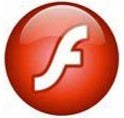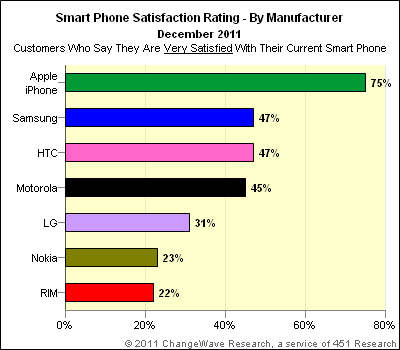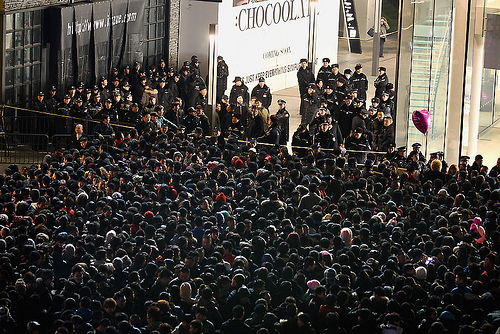
http://www.pcworld.com/article/246362/flash_player_111_arrives_for_android_ice_cream_sandwich.html
[h=1]Flash Player 11.1 Arrives for Android Ice Cream Sandwich[/h]By Daniel Ionescu, PCWorld Dec 16, 2011 6:06 AM
The first owners of the Galaxy Nexus smartphone can finally enjoy Flash-based websites and videos across the Web. Adobe updated the Flash Player in the Android Market to version 11.1, which supports Google’s latest mobile OS, Android 4.0 Ice Cream Sandwich (ICS).
The release, now available in the Android Market, does not include any major features, except bug fixes related to stability, performance, and device compatibility, Adobe says in the release notes. Instead the headline feature is support for ICS, which coincides with the U.S. launch of the Galaxy Nexus on Verizon.
The latest Android Flash player has a few known issues, however. StageVideo using On2 and Sorenson does not work on ICS devices, and Seeking while video is paused will not update the frame on ICS device. Also, the OS does not prioritize incoming calls, so audio remains playing before and after call is received, and the enter key does not work on the multi-line text input field.
[h=2]Flash for Android’s Last Breath[/h]Flash Player 11.1 could well be the last version of the plug-in for Android devices, as Adobe said last month that it is axing development of Flash for mobile phones and tablets, refocusing on HTML5, as well as mobile apps and content.

Follow Daniel Ionescu and Today @ PCWorld on Twitter






















